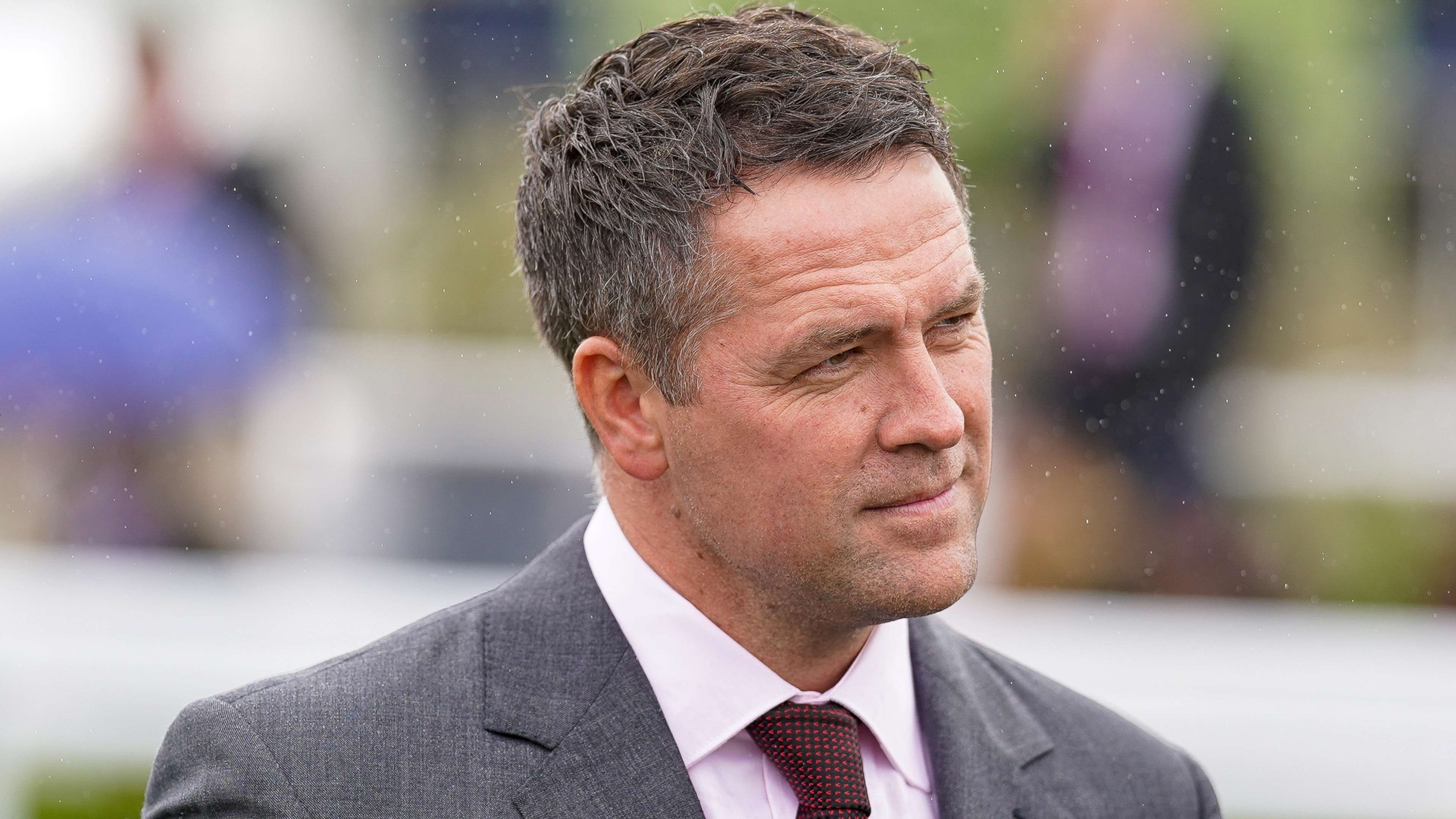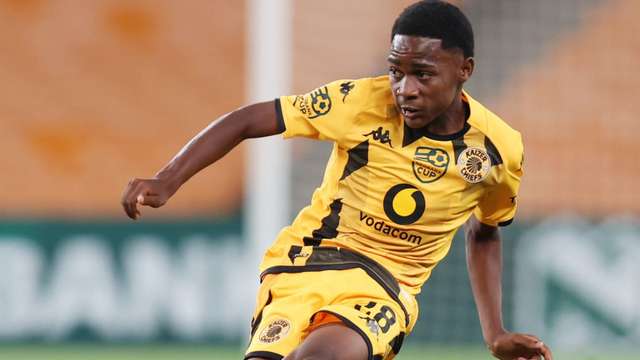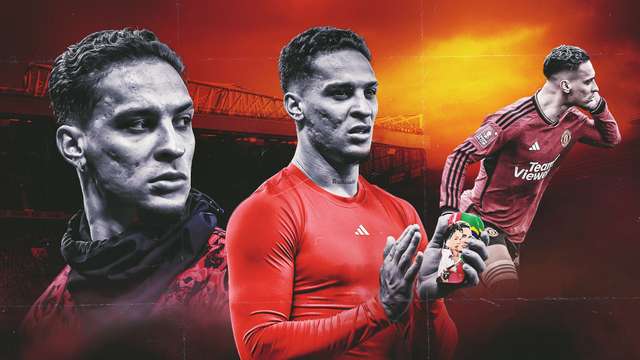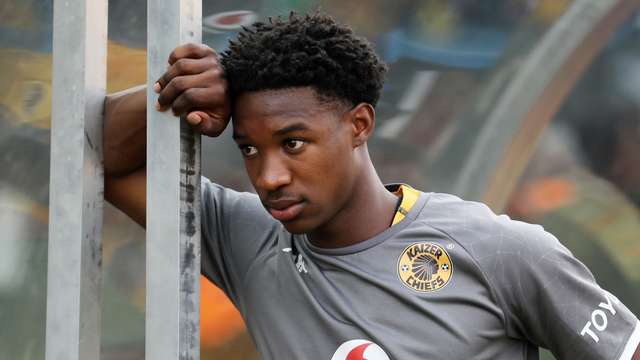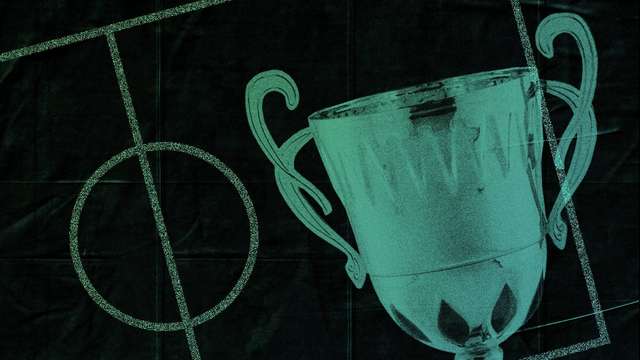Andy Green and Jack Krosinski, co-founders of Oceidon, were aware of souring public opinion towards Non-Fungible Tokens (NFTs) as they prepared for the announcement of ex-England star Michael Owen’s digital collectible this week.
Still, they hoped the project could avoid blowback if presented correctly.
However, as Owen’s tweet on Monday claiming his NFTs would “be the first ever that can’t lose their initial value” received intense criticism, it quickly became apparent their positivity was misplaced – and they’ve now suggested that Owen and his marketing team should have done a better job conveying basic details.
“[The tweet] possibly should have been worded a little bit different,” Green told GOAL.
“As far as [Owen] and Oceidon are concerned, we are technically just his technology provider. He came to us with an idea, we expanded on that idea.
"We came up with a way to kind of encapsulate his legacy and his career in this new technology that's out there.
“We're not responsible for pushing this out there. That's his side of it.”
NFTs are unique digital assets tracked on a blockchain to prove their one-of-a-kind authenticity and, in Owen’s case, they will come in the form of videos from him reminiscing upon specific goals from his career, while also giving initial buyers real-world benefits such as engraved watches and potential meetings with the former player.
The NFT industry has been plagued by plummeting values and accusations of financial malpractice, making Owen’s claim that the project was risk-free so inflammatory.
In reality, his digital collectible is not a sure-bet for investors – which Green and Krosinski openly admit.
Instead, the Oceidon platform will simply prevent people from ever selling an NFT below a set floor price determined by Owen.
This is meant to encourage the value of these items to remain above a certain threshold, but it cannot guarantee that initial buyers will ever get their money back.
After all, if no one wants to purchase the NFT at its floor price, it will be essentially unsellable on the Oceidon marketplace (though still transferable through peer-to-peer wallet transactions).
“It's the same with any other sale when you think about it, because you will only get what the market is willing to pay,” Krosinski said.
“It's technically an open market setup. What we're doing here with this is we're setting ground rules.
“Everything is specifically stated as to what you're getting with the NFT and everything in it, the rules and regulations for participating in this.
"The option is there, if you'd like to participate, you are a true fan and a collector, we think that [the price floor] will motivate you to appreciate this more.
“If you don't like it, or you don't trust it, don't buy it."
Owen’s tweet seemed to indicate that there might be an insurance plan for NFT buyers whereby they could get their investment back directly from Oceidon if no market attraction exists, but representatives from the company have confirmed that is not the case.
The co-founders, who emphasised they are grateful to work with Owen in developing the NFTs, wish communication of this had been better, and the public reaction less aggressive.
“If [people on Twitter] would have stopped being so accusing and would have just asked some questions, we might have had a nice conversation, and we could have explained everything to them,” Green said.
“But everybody went so crazy, so fast, because everybody thinks they're crypto experts.
“Michael is brave to do this. I mean, he's trying to make something different. And people just, I just don't understand how people are so hateful, he's trying to bring innovation into the collector and fandom base.”
Despite public skepticism of NFTs and Owen’s misguided social media post, Oceidon’s leadership team have argued the project will be different from ones launched by other current and former footballers, many of which have tanked and been accused of taking advantage of consumers.
“We're all familiar with the John Terry situation that happened a little while ago – this is not going to be anything like that,” Green said of the former Chelsea defender’s Ape Kids Football Club debacle.
They are bullish on the real-world aspects that come with the NFT and believe Owen’s personalised messages about his goals make the project meatier and more meaningful than other releases.
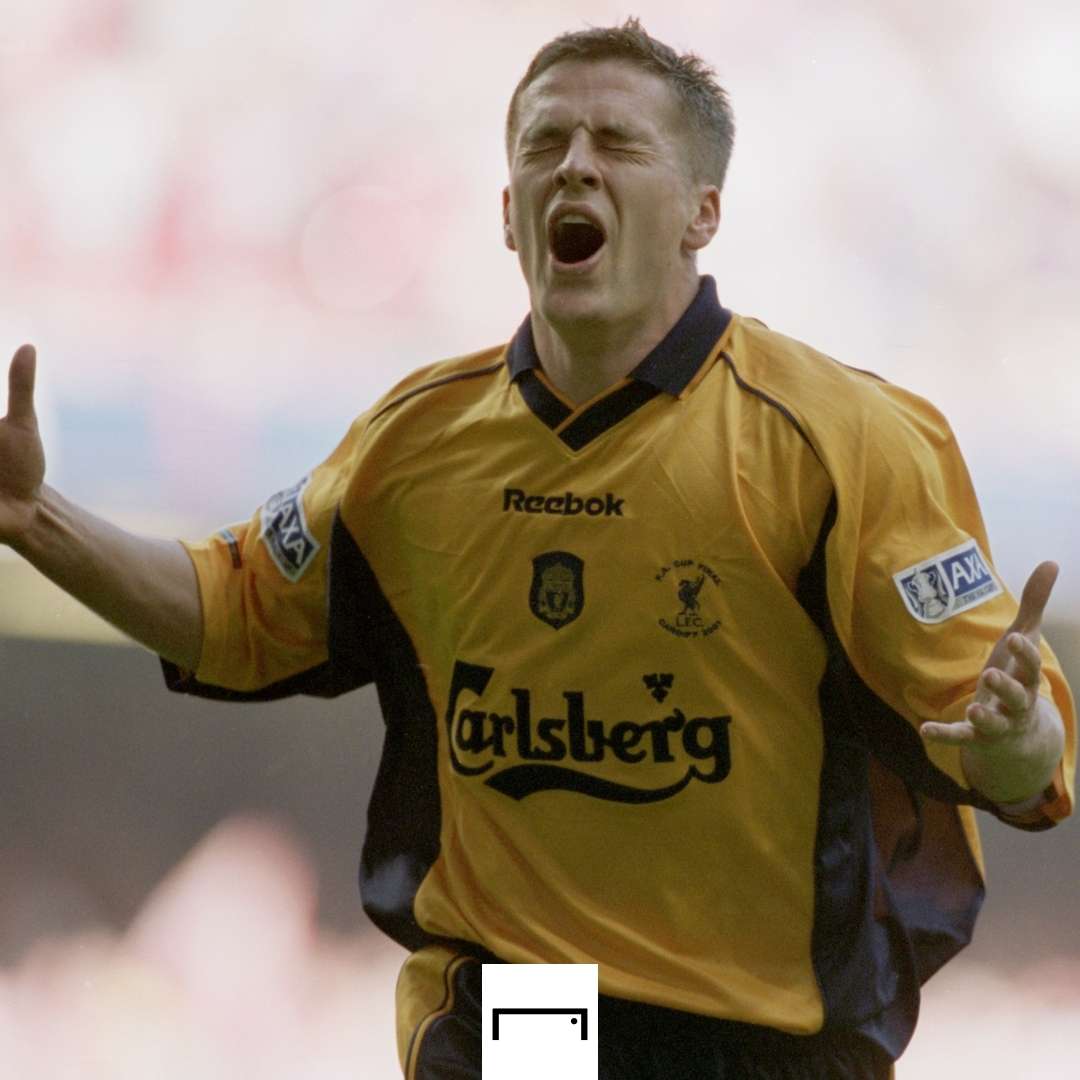 Getty/GOAL
Getty/GOALWhile the real-world components only benefit the NFT's first buyer, and are not passed on with subsequent NFT sales, they say the offering remains an attractive array of goodies for anyone involved.
Still, it doesn't add up to what Owen promised when he first disclosed the project's planned May 31 launch.
“You’ve got to remember that Michael got us [as technology people] involved because he is not a 100 per cent crypto expert,” Krosinski explained.
“So, I think what he and the speakers on the podcast meant to say when they were making their statements is to convey the excitement and feeling of the situation.
“You know, when we talk, everybody talks privately, and there's a new idea and a new concept, and people are like, ‘Oh, my God it’s so good. You can't lose, it just makes so much sense!’
"But that doesn't convey a lot of additional information.”
Somewhere along the way, messages must have been mixed up.
Owen, after all, attributed his bold claims directly to Oceidon leadership, and he has yet to publicly backtrack from his initial post.
"What really appealed to me is that these people won't lose money – that was the guarantee that Oceidon made,” Owen said in a Twitter Spaces audio session held shortly after his controversial tweet.
"As soon as I was assured that my name wasn't going to be associated with people losing money, then I was more than willing to start listening.”
